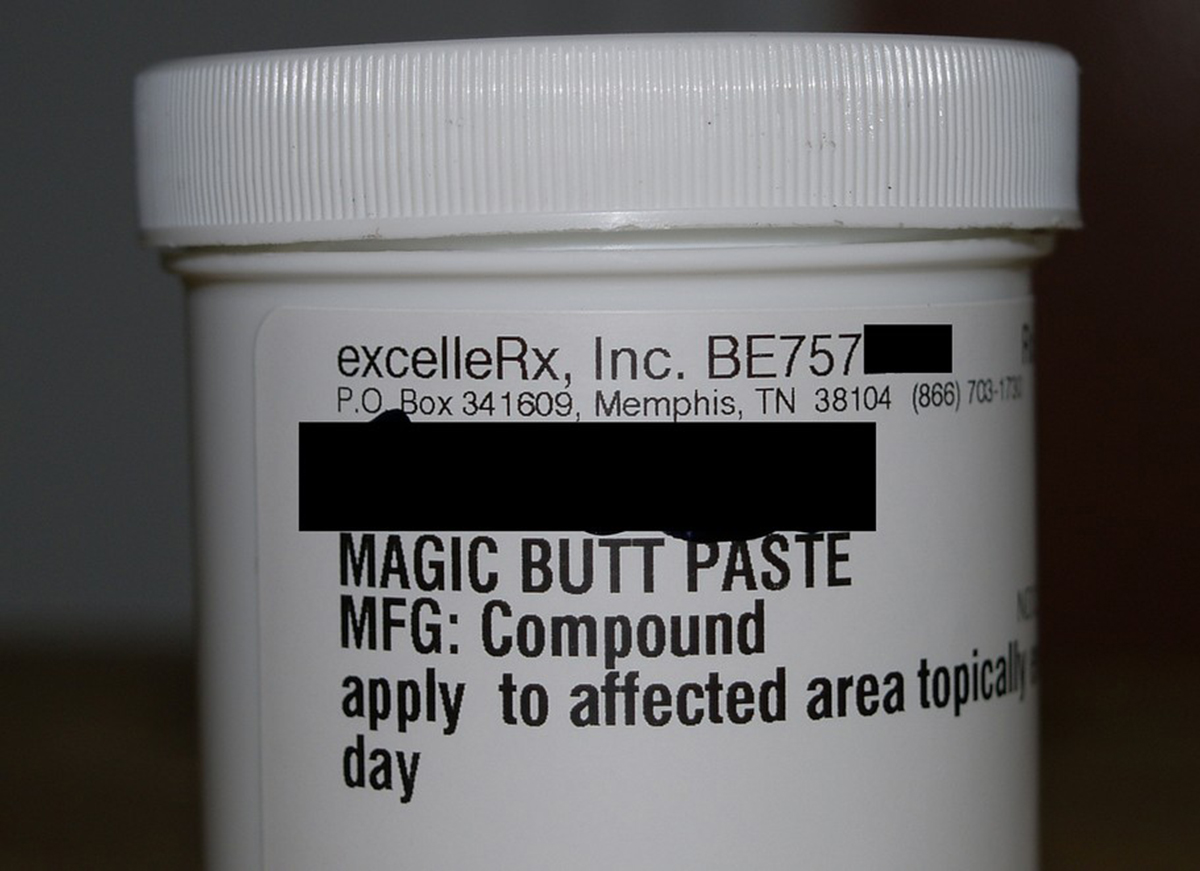Table of Contents
Once a proper diagnosis has been made, patients can move forward with treatment and measures to prevent hemorrhoids in the future — in accordance with their doctor's advice.

At Home Treatment For Hemorrhoids
The following at-home treatments for hemorrhoids can be used once hemorrhoids have been diagnosed, but also simply as preventative measures for people who'd rather not ever have this annoying problem:
- Eat a fiber-rich diet (at least 25 grams for women and 48 grams for men). This prevents constipation, aids digestions and decreases the toilet-related straining that can lead to hemorrhoids.
- Drink plenty of water or other clear liquids (like tea) — that means at least six large glasses, but ideally even more.
- Exercise regularly.
- Don't strain during bowel movements and take your time on the toilet.
These are all steps that reduce a person's risk of developing hemorrhoids as well as simply being good for everyone's general health. If you don't have hemorrhoids yet but don't get enough fiber or water, don't exercise enough, and don't have healthy toilet habits, now is your chance to improve your life. If you don't, hemorrhoids may be your punishment!
People who already have hemorrhoids can have warm baths several times a day (including so-called "Sitz baths" only for your... affected area), and can use over-the-counter creams and suppositories (ideally in agreement with their doctors because they can lead to skin irritation if used for too long), as well as engaging in the common-sense steps mentioned above.
Medical Treatments For Hemorrhoids
Hemorrhoids usually disappear on their own without medical treatment, or after the proper steps for at-home treatment were taken. When this doesn't happen, medical treatments may be required.
In a rubber-band ligation, your healthcare provider puts a specially-designed rubber band around the hemorrhoid to cut its blood supply off, making it shrink and come away. Sclerotherapy involves injecting chemicals into the blood vessel to make the hemorrhoid shrink. In Infrared coagulation, heat is used to eliminate that nasty hemorrhoid.
These hemorrhoids treatments are going to work for most patients. However, persistent hemorrhoids that don't go away with any of these treatments may need to be removed surgically. The same is true for very large hemorrhoids.
See Also: Home Treatments For Hemorrhoids
Are You At Risk Of Developing Hemorrhoids?
If you don't have hemorrhoids at the moment or at least don't have symptoms, you can consider yourself lucky. You might like to know which groups of people have a higher risk of developing these inflamed and swollen veins, so that you can get onto those preventative measures if you're among them.
People with chronic constipation or diarrhea, including those with bowel conditions such as Irritable Bowel Syndrome, have a higher risk of developing hemorrhoids. The same goes for people over 50, overweight and obese people, and people who have a family history of hemorrhoids. Finally, pregnant and postpartum women and those with liver or heart disease have higher odds of developing hemorrhoids. Within these groups, it's especially important to take steps to keep the bowels active and healthy.
- Photo courtesy of BruceBlaus by Wikimedia Commons : commons.wikimedia.org/wiki/File:Blausen_0408_Hemorrhoids.png
- Photo courtesy of Ōmono by Flickr : www.flickr.com/photos/dreammaker182/5842704393/

